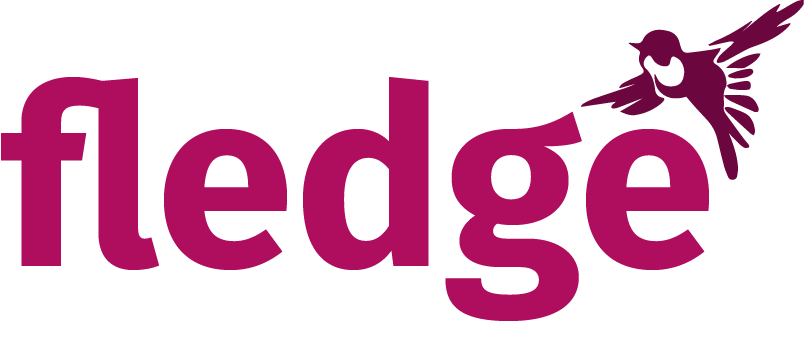Peer to peer learning
Online group tuition has many benefits that are often overlooked. From better learning outcomes to value for money, here’s what you need to know.
When it comes to tutoring there are many ways to give it a try. One-to-one private tutoring is the best-known example. Here your child will work with a private tutor for their specific needs at a set price. Then there’s peer-to-peer tutoring which usually takes place at school and involves older children helping other children to learn.
At Fledge Tuition our group online tutoring model takes something from both of these areas to benefit students and their families. We put students of the same ability together in small groups with a *trained tutor.
Your child will benefit as they will have the opportunity to interact with 2 - 3 other students studying at the same level as them. This means they will be able to hear the opinions of their peers and listen to questions and answers that they may not have thought of themselves.
Working with other students can also help them to learn to collaborate, gain independence in their own work, and crucially, to look at their work and the way they are working from a different angle.
Studies also show that students can positively affect their peers through knowledge spillovers, which in turn has an influence on grades and also academic ability. What’s more, as group tutoring is not solely focused on one child, students have more time to digest information and build confidence to speak up.
On a financial level group tuition is more affordable than one-to-one tuition as the cost of the tutor is shared between the students in the group, bringing the cost down to as little as £10 a session per student. This not only makes tutoring more available to a wide range of students but also means tutoring can take place over a longer period of time.
If you would like to give it a try, get in touch.
*All our tutoring is safe and secure – tutors are vetted professionally, DBS checked and all lessons are recorded for future use by the student

